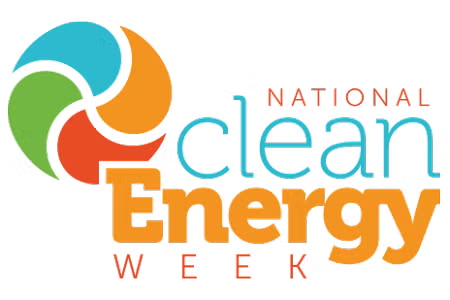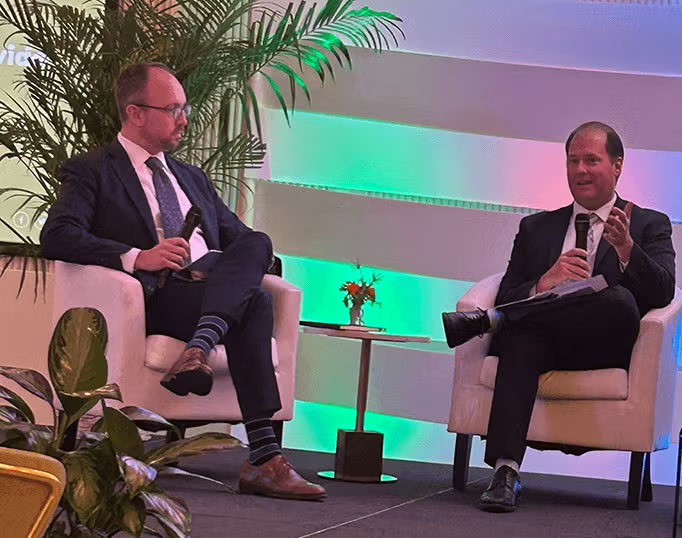
That’s a wrap! ACC was pleased to sponsor and take part in the 7th annual National Clean Energy Week, which featured a wide-ranging policy symposium with policy experts, industry leaders, and lawmakers discussing strategies to lower emissions and promote American energy leadership.
Ross Eisenberg, president of America’s Plastic MakersTM, was on a Thursday afternoon panel focusing on industrial sector solutions. He shared some of the exciting work underway in the chemistry industry, where companies are working with the public and private sectors and other stakeholders to accelerate technology innovation. ACC members are among the leaders and participants in exploring and developing innovative lower-emissions technologies.
The industrial sector solutions panel included a frank discussion of some of the challenges involved. For example, given the energy-reliant nature of chemical manufacturing, reducing emissions can be daunting. Chemical products and processes are diverse, and the industry operates in global markets where it faces intense competition. There is ‘one size fits all’ approach or technology solution.

For an energy-reliant sector like ours, reducing emissions isn’t easy. We’re focusing on innovation through CCUS, clean hydrogen, and energy efficiency while exploring advanced modular nuclear, electric steam crackers, and more.
-Ross Eisenberg
Ross outlined some of the policies necessary to support clean energy and manufacturing. Fundamentally, proposals need to spur innovation while maintaining U.S. competitiveness. They should encourage the development and use of energy sources, infrastructure, and manufacturing technologies of all kinds. Effective coordination across agencies and programs is critical.
In his new role at the helm of ACC’s Plastics Division, Ross is calling on Congress to take five actions for sustainable change to accelerate a circular economy for plastics. The United States needs to develop a framework to eliminate plastic waste by treating used plastics as a resource for new manufacturing.
Panelists from ExxonMobil, Chevron, Modern Hydrogen, and Enerkem made important points about the need for partnerships, permitting reform, effective implementation of policies, U.S. leadership, and a portfolio of pathways. Moderator Landon Derentz of the Atlantic Council’s Global Energy Center closed with a question about opportunities to create a market for decarbonization solutions. Participants were optimistic.
“Half of your vehicle is made of plastic,” Ross pointed out. “America’s chemistry industry creates solutions for energy efficiency, wind and solar power, EVs, advanced battery storage, and more. There are huge opportunities in the solutions space.”



